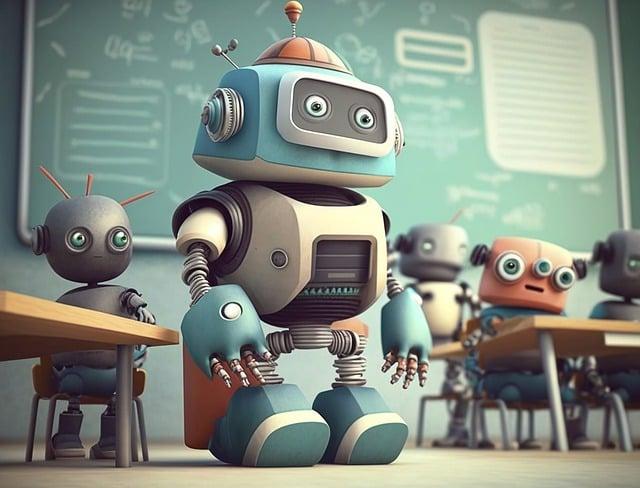AI (artificial intelligence) is a rapidly developing technology that is transforming the way that businesses and organizations operate. As AI becomes increasingly sophisticated, it is having a profound impact on human employment. This article will explore the impact of AI on human employment, looking at how it is changing the nature of work, the potential implications for workers, and the ways in which organizations can ensure that they are leveraging AI in a responsible and ethical manner.
The Changing Nature of Work
AI is transforming the way that work is done, with many tasks that were previously done by humans now being automated. This means that many jobs are becoming obsolete, as AI is able to do them more efficiently and cost-effectively. For example, AI-powered robots are now being used in manufacturing to complete tasks that were previously done by human workers. Similarly, AI-powered algorithms are being used to automate customer service tasks, such as responding to customer queries.
At the same time, AI is also creating new types of jobs. For example, AI requires a lot of data to be able to function effectively, meaning that there is a need for people to be employed to collect and analyze this data. Similarly, AI requires ongoing maintenance and development, meaning that there is a need for people to be employed to manage and develop AI systems.
The Potential Implications for Workers
The increasing prevalence of AI has potential implications for human workers in terms of job security and job satisfaction. As AI replaces human workers in many roles, there is a risk that workers may become displaced and struggle to find alternative employment. This could lead to increased levels of unemployment, with workers facing a lack of job security and financial instability.
At the same time, AI could also reduce job satisfaction, as workers find themselves in roles that are increasingly automated. This could lead to lower levels of motivation and engagement, as workers feel that their roles are becoming increasingly redundant.
Ensuring Responsible and Ethical Use of AI
Given the potential implications of AI for human employment, it is important for organizations to ensure that they are using AI responsibly and ethically. This means ensuring that AI is used to enhance, rather than replace, human workers. Organizations should also ensure that any decisions made by AI systems are checked and approved by human workers, to ensure that they are fair and ethical.
Organizations should also ensure that any workers displaced by AI are given the opportunity to retrain and upskill, to ensure that they are able to find alternative employment. This could involve providing workers with access to training and development opportunities, as well as financial support to enable them to retrain.
Conclusion
AI is having a profound impact on human employment, transforming the way that work is done and creating both opportunities and challenges for workers. It is therefore important for organizations to ensure that they are using AI responsibly and ethically, to ensure that they are leveraging AI in a way that benefits both humans and machines.

